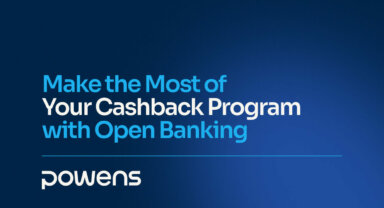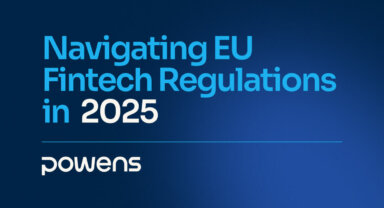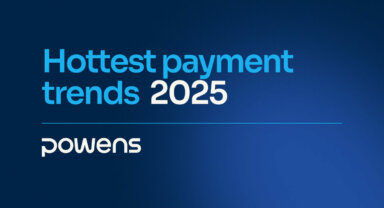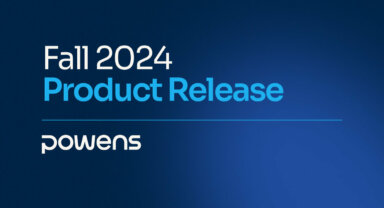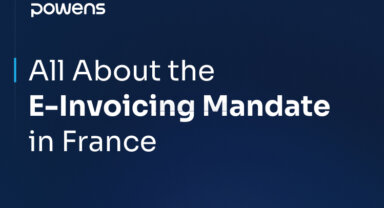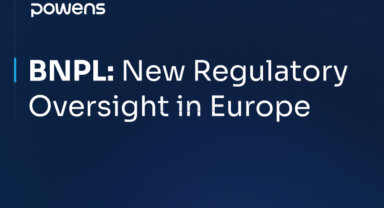As Open Banking innovation continues to evolve, Open Banking data access in particular has become a major change maker, paving the way for smarter, better, and more efficient financial service solutions.
By offering the ability to connect third-party providers with customer banking data via open APIs, Open Banking technologies add substantial efficiency and enhancements to financial processes. In this article, we’ll look at the exact types of data Open Banking helps to obtain, the resulting benefits, and what trends are coming next.
What Data Does Open Banking Provide Access To?
Open Banking can provide businesses and financial institutions with vast amounts of data. Using this data, these entities can create new financial products and solutions that match customers’ current demands, such as faster onboarding times and seamless integration of account information.
Through Open Banking, companies can gain access to the following data:
Account information
Open Banking solutions provide access to all the account information companies need, including account numbers, holder names, and billing addresses. These solutions streamline verification processes while offering users a simpler and more efficient experience, especially during onboarding processes.
-
Use case: Identity verification
With secure access to the account information of all customers and end-users, firms can improve their identity verification processes significantly. They can implement tools that automate the ID verification process and enable real-time validation for faster payments and reconciliation. An Open Banking system can retrieve the account information businesses need when they need it.
Transactional data
Through Open Banking, organizations can access a wealth of transactional information about deposits, withdrawals, and transfers. Transactional data paints a more complete customer picture, allowing firms to develop products and solutions that meet their users’ specific needs.
-
Use case: Personal finance management
Personal finance management solutions can use Open Banking to access transactional data from multiple user accounts. With this information, PFM solutions can better categorize their customers’ data based on factors like expenses, spending trends, and potential savings opportunities. These insights help users make better decisions.
-
Use case: Accounting and financial management
Another perfect use case for transaction data access via Open Banking is accounting. French accounting solution provider Dougs leverages Powens’ Open Banking technology to automate and speed up the preparation of financial statements for their customers.
Co-founder Florent Galland explains that Open Banking plays a crucial role, as it allows them to retrieve all transaction data which they then enrich with their own algorithms. As a result, Dougs’ accountants can process an average of 250 balance sheets per year –– significantly more than the 30 to 40 balance sheets a year prepared in traditional firms.
On the other hand, iPaidThat uses Open Banking to help users reconcile invoices and transactions. Customers receive alerts of any missing or unpaid invoices, which enables them to more accurately forecast accounting requirements and reduce the time spent on inputting accounting entries by 40% to 60%.
Payment initiation
Open Banking allows third-party providers to initiate payments on behalf of customers. Implementing Open Banking solutions and gaining this ability means organizations can reduce the complexity of the payment process and minimize the need for direct customer interactions.
The benefits of Open Banking
Open Banking drives innovation, financial inclusion, and competition in our financial ecosystem.
More innovative solutions
With it, we can create more innovative services, such as solutions that aggregate data into one central platform for simpler management and real-time insights. For instance, by using Powens’ Open Banking technology, wealth management platform Finary helps customers aggregate all their assets and manage their investments independently. Finary Co-founder Mounir Laggoune points out that this has allowed their customers to access updated data in real-time so they can see how their assets fluctuate day by day –– which significantly boosted user experience.
Improved financial inclusion
Another benefit of Open Banking data access is that it improves financial inclusion across the EU and other regions by increasing financial accessibility for underserved communities. Open Banking allows us to build more dynamic customer profiles that reflect more than traditional financial data alone. This is particularly important when it comes to lending, where conventional credit scores often make it difficult for people who don’t fit the ideal profile (e.g. fully employed) to obtain loans.
Open Banking technology has been crucial for online lender Finfrog providing micro-loans to freelancers, self-employed, and temporary workers who often struggle to obtain credit from traditional banks and lenders. Finfrog’s Founder and CEO Riadh Alimi shares that leveraging Powens’ Open Banking API allowed them to connect to customers’ bank accounts, which is central to their scoring model. This enables them to obtain reliable, real-time, tamper-proof information and communicate loan decisions to customers within just 24 hours.
Increased competition
Finally, the growing use of Open Banking has also resulted in increased competition all over the world. It has brought a new influx of financial service companies across many niches, such as:
- Accounting automation: Bpifrance
- Cashback and reward programs: Capital Koala, Joko
- Cash management: Agicap
- Compliance and onboarding: Docaposte
- Credit management: Alma, Joe
- Personal finance management apps: Bankin, Linxo, and Sumeria (previously known as Lydia)
- Property management: Fidorent, Piloc
- Wealth management: Delta, Harvest
👉 Read more here: Use cases of Open Banking: Real-world applications and success stories
Staying ahead of new trends requires the operational flexibility that Open Banking solutions can offer.
What’s next for Open Banking? A look at trends and future prospects
Open Banking remains an evolving concept.
While we have seen broader adoption of Open Banking in certain regions, no single instance of its application can represent its tremendous scope across many different and unique industries.
Some of the major ongoing and upcoming movements that will help mold Open Banking in 2025 include:
- Open Finance: The EU has an official financial data access framework currently in development featuring an Open Finance proposal. A legislative proposal was finalized in June 2023, with a final policy decision yet to be made. The creation of this framework shows a clear regulatory interest in embracing Open Finance while also ensuring consumer safety. It will expand the open access from bank data to also include finance data.
- PSD3: As part of the EU’s Open Finance initiative, the Payment Services Directive is also undergoing an update, known as PSD3. Covering a broad range of issues, the key goals of PSD3 include advancing Open Banking, strengthening user protection, boosting fraud prevention, and providing more regulatory support and standardization for instant payments.
Kickstart your Open Banking experience with Powens’ Open Finance solutions
At Powens, we provide an Open Finance and Embedded Banking platform that enables real-time access to all the Open Banking data you need, and much more.
Our data, document, and account aggregation services give you the freedom to consolidate information –– from account and transaction data to wealth data and identify verification –– into one central location and use it to power your products and solutions.
You can also take our Open Banking data access further by coupling it with our data processing and accounts and payment solutions to provide a full suite of compliant financial service experiences.
Contact Powens today to get started.
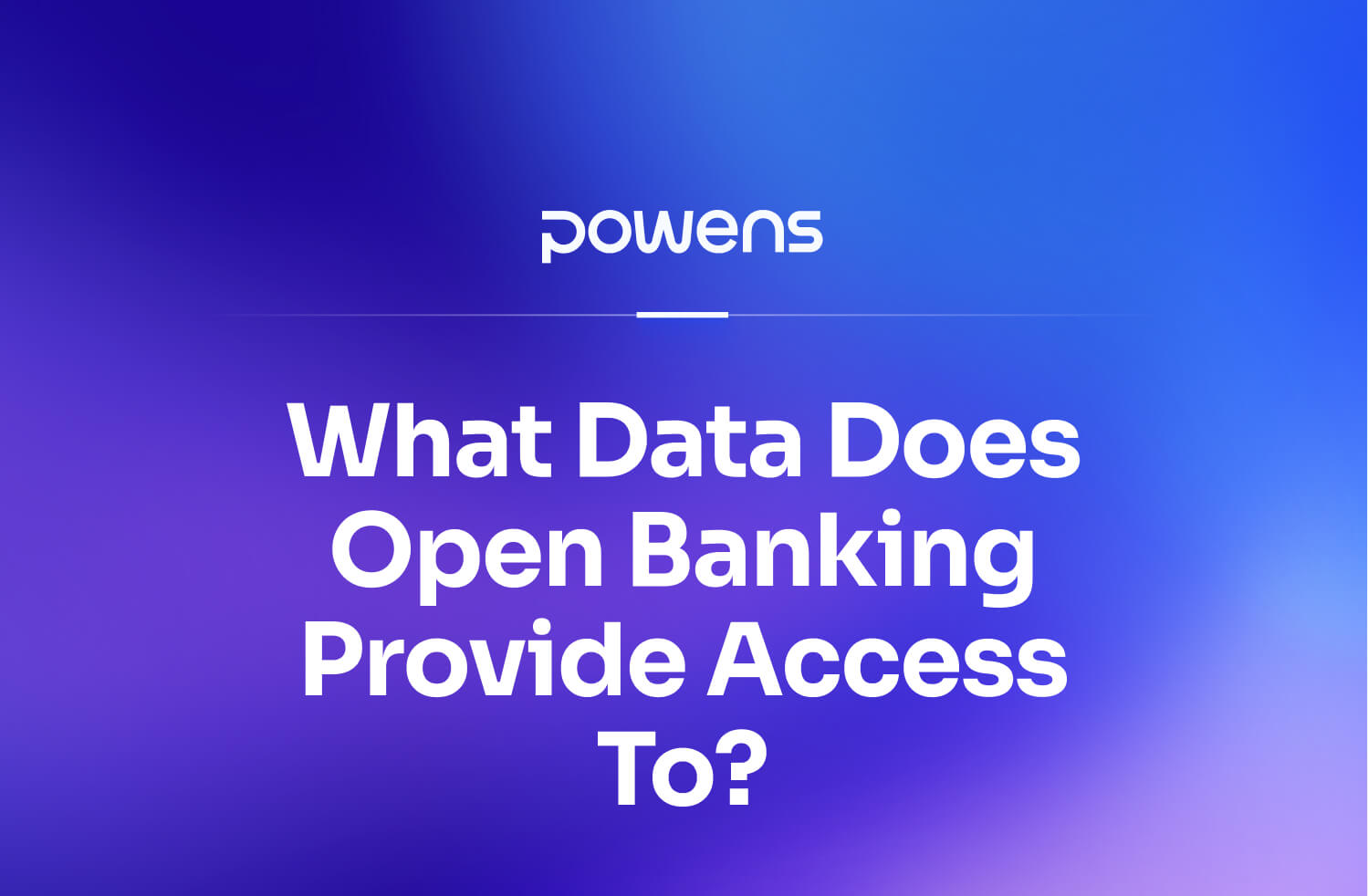
 Apr 07, 2022
Apr 07, 2022 





